Student Commuter
Where the Magic Happens

drcommute • September 2021
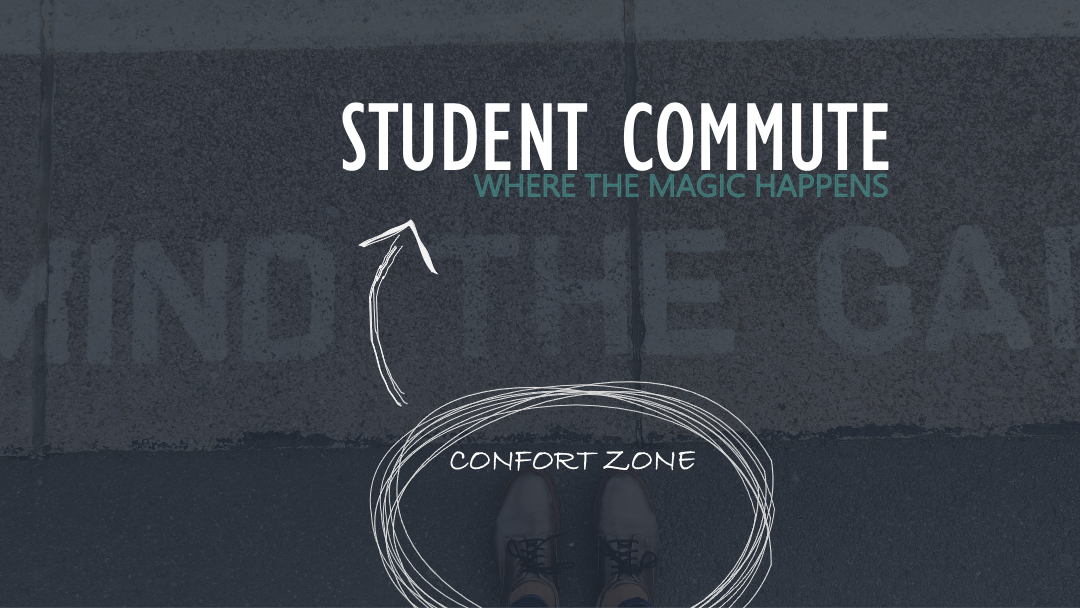
Dear student commuter,
In the mid-1960s, the student commuter had a negative attribution. There was always a tendency to compare the student that commutes to the “traditional student” living on campus. Nowadays with modern technology and the long-lasting changes in our society, we need to look at the student commuter experience independently and understand how this travel behaviour impacts the student and how it can be improved.
It can be overwhelming when choosing for the future university as well as the commute itself. There are a lot of factors that need to be balanced and considered before making this decision. This is a tremendous pressure that every student has to face. Having said that we are going to gather as much information so you can base your choices on factual information. Giving you the tools to make an informed decision that best suits your priorities.
For many, the question is: should I commute to university or should I invest in student accommodation?
On one hand, you feel the pressure to fully commit to the student experience. Everyone around you will tell you over and over again that you need to fully embrace this journey. On the other hand, probably you just can’t spend that amount of money or let go of the comfort of your home.
If you choose the latter you are going to be integrated into the large group known as – student commuters. And no, commuting is not just for work purposes.
Either way, no matter what you choose you will have your challenges and you will need to overcome them. The important thing is to plan and prepare for what is to come. As a student commuter, I do not doubt that you will have more challenges than your peers. But don’t forget this:
“Outside of your comfort zone is where the magic happens”
Some studies agree on the impact commuter students show on their academic experiences compared with their non-commuting peers. As an example, commuter students show a lower academic engagement, with poorer learning outcomes possibly leading to the difficulty of achieving a secured graduate job. So the question arises: Are the universities adapting their systems to accommodate the student commuter? Is this outcome solely because of the reduced student engagement? Or the lack of support from the institutions?
By commuting to University you can choose to enhance your productivity and discipline. You will be able to see the commute as the start and end of that day. Allowing you to separate your social life from your personal life. Take advantage of this time. On the other side of the coin, you have the challenges of the commute itself. As studies previous showed, both the types of mode of commute (active/passive) and the length of your commute have their advantages and disadvantages and they can have a positive or negative impact on your happiness.
There has been much discussion about the University engagement you will have as a student commuter. It is harder to make friends. You will need to make an extra effort to make new friends and have a University social life. Reach out to commuters and people that are in the same situation as you.
Being a student commuter may not be for everyone. But if you choose this path, commit to it. Persevere and everything will be ok.
Student Commuter – Definition
What is a student commuter?

It’s the daily journey you undertake to go from home to the university campus or college and back. It can be within these modes of commute: walking, cycling, by car or public transports.
Student commuters are defined as students not living in university-owned housing and can range from:
- Full-time students living with their parents
- Part-time students living in accommodation off-campus
- Full-time workers
- Parents with children at home
Sandwich students are also included in most of the statistics about student commuters.
What is a sandwich student or sandwich degree?
It is a practical work experience component integrated in your academic degree.
Student Commuter: What you need to consider
Some general aspect you need to consider during your commute:
- Commuting costs: monthly pass, car insurance, parking options (this is a big one!)
- Commuting lengths: increased commuting times takes a big toll on your wellbeing. Check out this post about the long commute. I used to commute for 3 hours and it was so worth it. But it may not be for everyone. Take advantage of the technology nowadays and be productive!
- Making friends: It is important to engage in peer activities. Join a club or a sorority.
- Be strategic: Make smart choices about the classes you attend. Avoid long gaps during your day. If they are inevitable plan to do something productive. Start a blog, learn a new skill.
- Confirm if your University has a commuter lounge or lockers, so you can relax and put your things down.
- Plan your meals: Either bring snacks with you or opt for a meal plan on campus.
- Consult your University, about student commuter options.
These are only small tips for you to consider and plan your next steps. I hope it helps.
Student Commuter: what the research says
In the UK, according to HESA (Higher Education Statistics Agency) in 2019/2020:
- Full-time and Sandwich Students Studying in The UK by Term-Time Accommodation
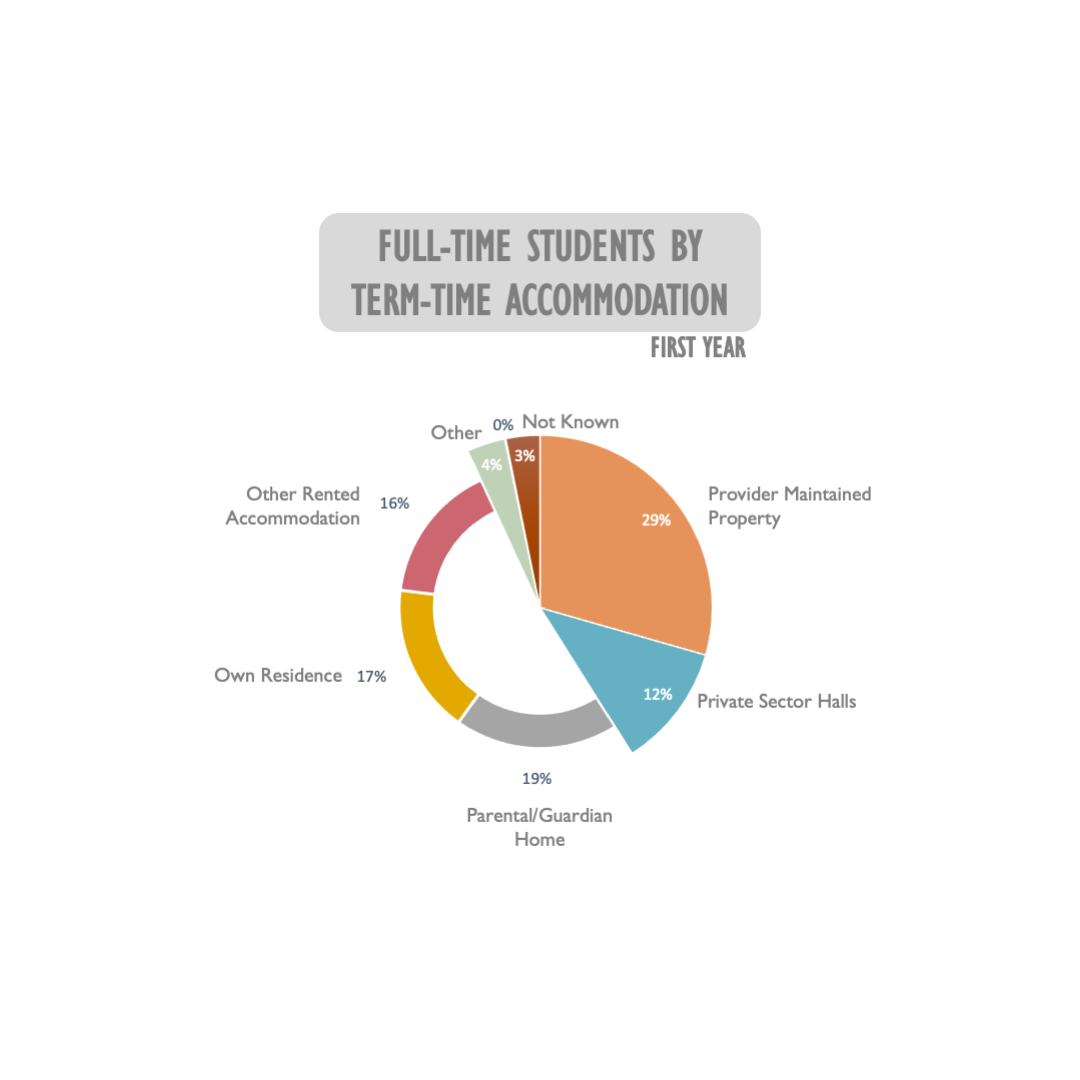
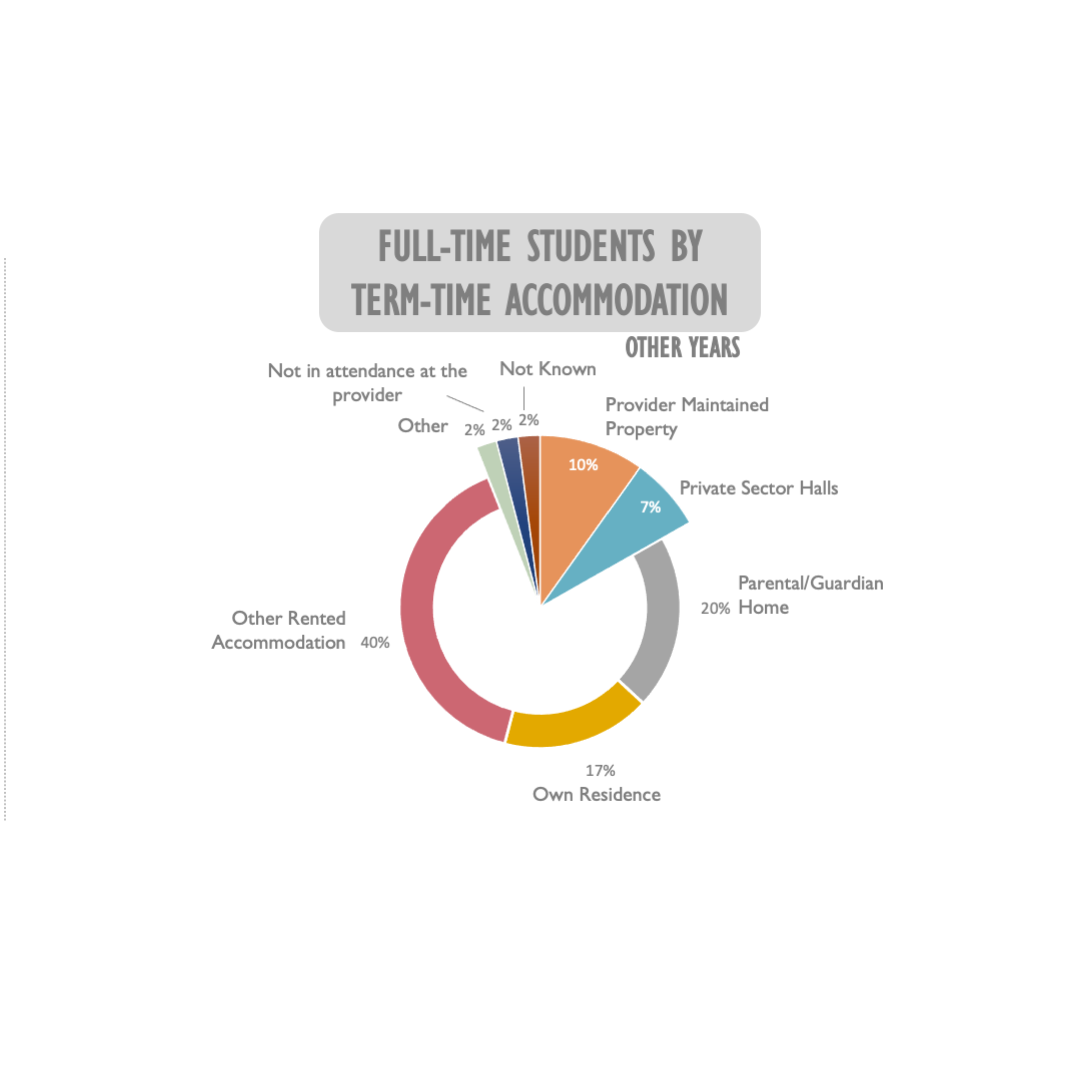
In this research paper summary, it is evident that there is a constant tendency to compare student commuters with more traditional university students and these are some of their conclusions:
- Commuters students tend to have poorer outcomes than students who decide to relocate to study
- They demonstrate lower rates of belonging
- Commuter students are more likely to have lower rates of continuation
Nonetheless, it is important to understand the student commuter, not as a single homogenous group but as different groups with different priorities and needs. The students who commute are facing daily challenges that need to be acknowledged and understood. Enabling institutions to find reasonable solutions for these obstacles.
Over 25% of UK undergraduates are commuter students. This research paper concludes 34% of all UK universities are implementing tactics to enhance the student commuter experience.
In the U.S these are the college and universities with the highest percentage of students living in university housing for the academic year of 2020/2021.
These colleges reported the highest percentages of students who commute to campus on the academic year of 2020/2021
Student Commuter: what’s next?
In a word, commuting either to work or as a student is unpredictable and can be stressful. Clearly, there is scope to improve the student commuting experience. First and foremost, you need to do your homework before choosing what type of commute you are choosing. If it is predictable, peak times, how long it is, costs, etc…
Universities need to also acknowledge and accept this travel behaviour and adjust to their students needs.
By incorporating:
- Accurate online information
- Realistic parking solutions
- Lockers
- Meal plans
- Commuter lounges
- Redesign their classes to better suit their schedule and maximise their time at the institution
- Flexible learning
- Access to commute communities
In this internet era, the time you spend commuting can be so productive. You have access to an enormous amount of information that previously wasn’t even possible.
During your commute you can:
- Focus on your studies, revise
- Listen to music and decompress
- Listen to a podcast and learn something new
- Read a book
This post gives you some tips on how to improve your commute.
In conclusion, the final decision is always yours. The best advice I can give you is preparation. Try and anticipate any hiccups. Balance the advantages and disadvantages of this decision. If you do that, you will be ok. If the commute is not bringing you any benefits, rethink your priorities and if possible, adjust.
Don’t forget you are a student commuter, everything is new. Go out of your way and experiment with new things, because it is out of your comfort zone that magic happens.
Please tell us your stories. We would love to hear about them.

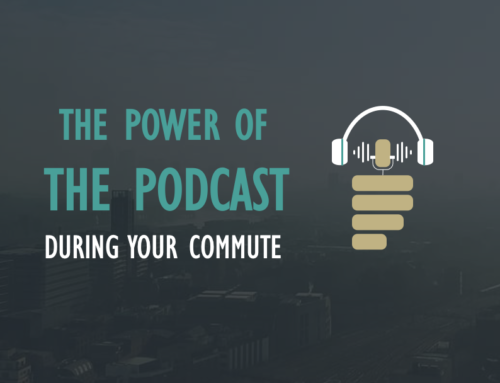
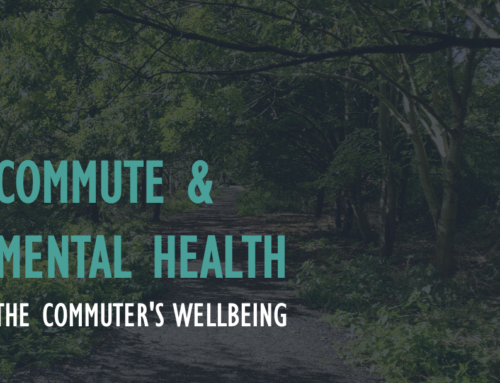
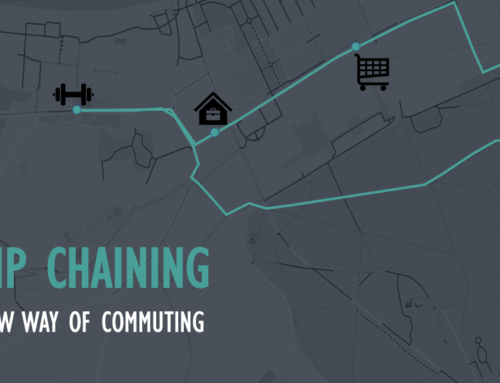
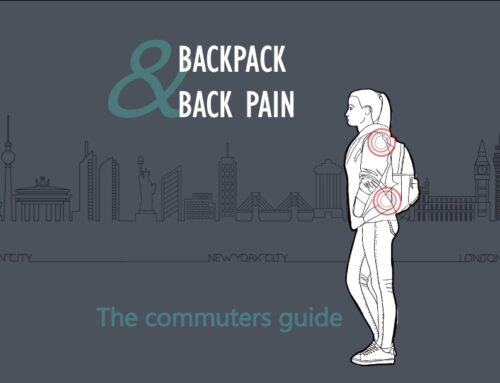
Leave A Comment